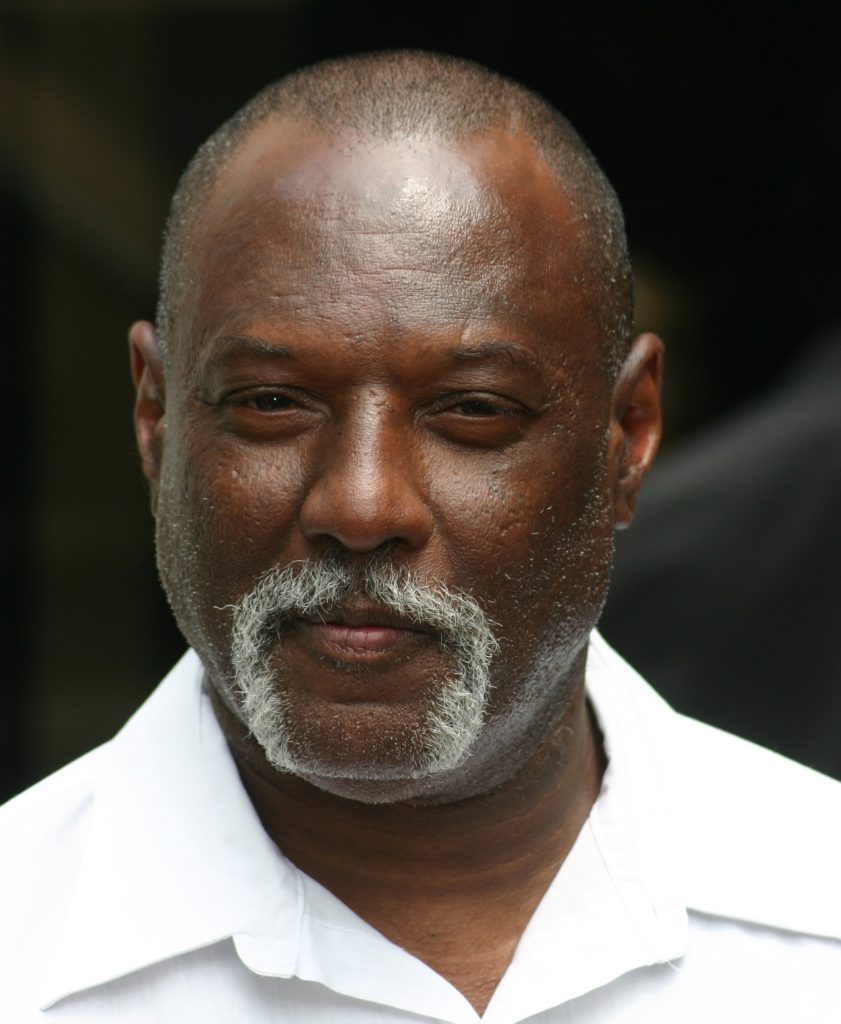
Levon “Bo” Jones served 15 years in prison, 13 of those on death row, after being wrongfully convicted of robbery and murder. The state’s case was based almost entirely on the testimony of a single witness, who presented at least five conflicting stories to police throughout the course of the investigation. Despite widespread recognition of Bo’s innocence prior to his exoneration, he was not freed until the witness officially recanted her testimony in 2008.
Many people on death row have been sent there by the testimony of a single witness. Often, it’s a person with something to gain: testimony in exchange for a cash reward or a reduced sentence for their own crime. A number of the men and women sentenced with such flimsy evidence remain on death row today. But Bo was lucky enough to find a judge who recognized that the evidence against him was flimsy and unconvincing. The judge freed Bo in 2006, thirteen years after he was sentenced to death.
Leamon Grady, 67, was robbed and shot in his Duplin County home in 1987. Police failed to collect key evidence from the crime scene, like fingerprints and blood samples, so were without a suspect for three years. Only after they posted a $4,000 reward for information did Bo’s ex-girlfriend, Lovely Lorden, come forward to say Bo was the culprit. Lovely gave shifting stories of a robbery that, on first telling, Bo committed alone, but then expanded to involve several people. At Bo’s trial, the jury never heard about the $4,000 reward Lovely received for her testimony.
Lovely officially recanted her testimony in 2008, saying that officers coached her and threatened her with arrest if she did not testify against Bo. Bo was one of three men who were wrongfully convicted based on Lovely’s accusations, but the only one sentenced to death. All three have now been exonerated.
